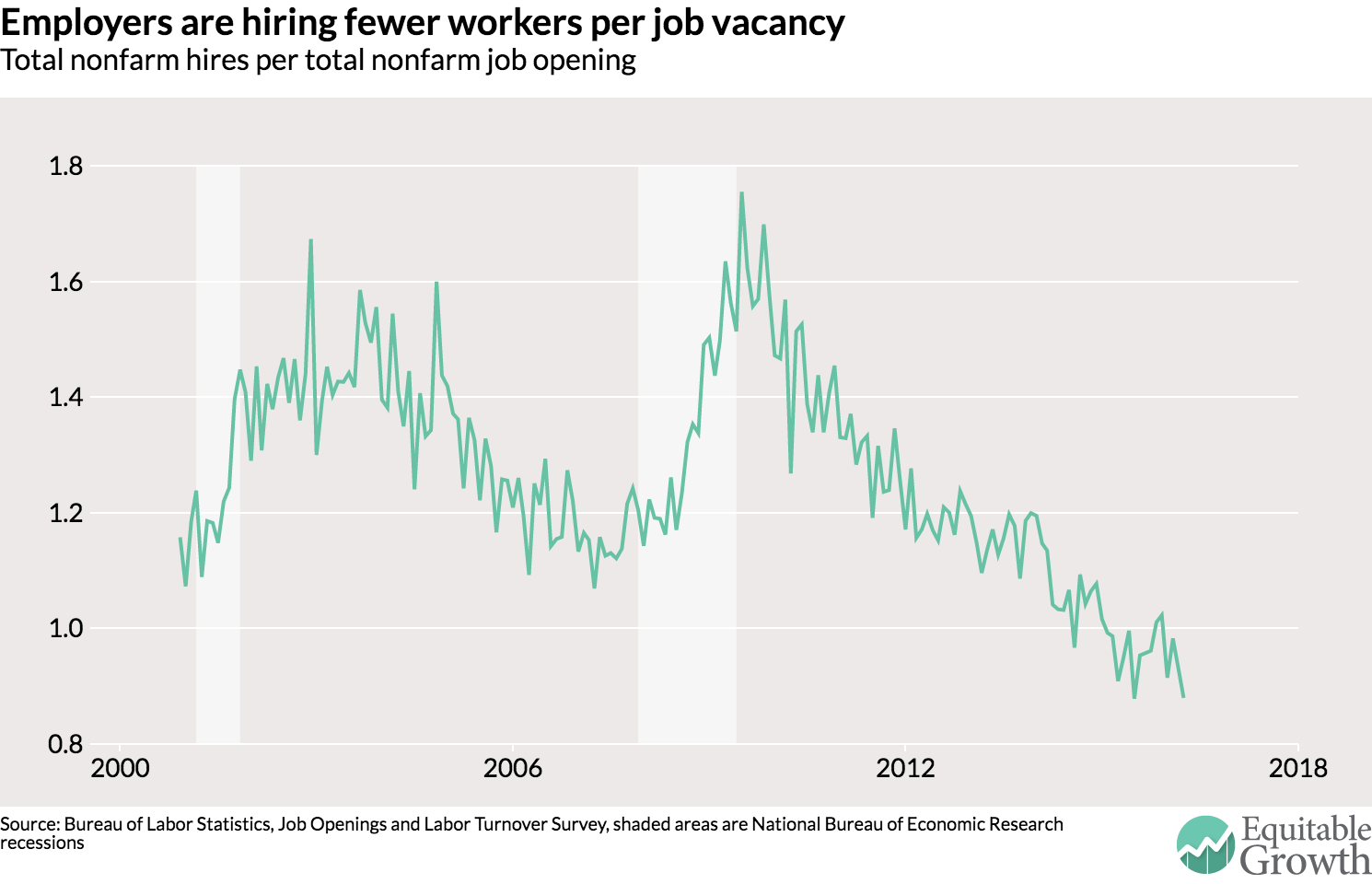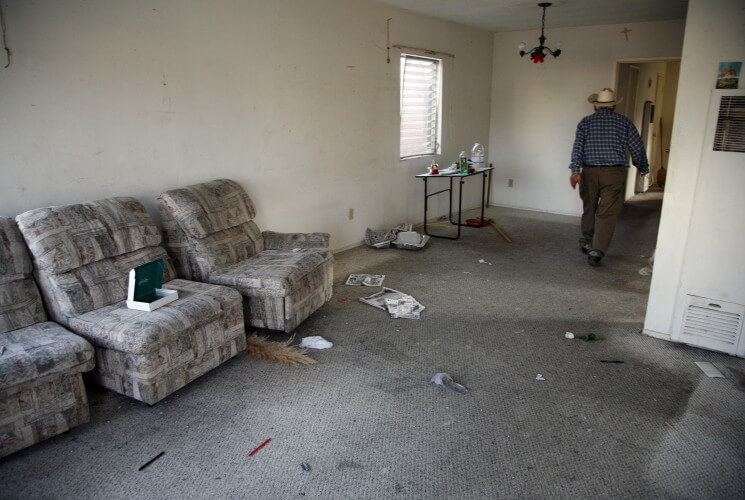Hoisted from 6.5 Years Ago: Barack Herbert Hoover Grover Cleveland Obama?
UPDATE II: It seems that it is not a freeze in non-security discretionary outlays, but rather an overall cap on non-security discretionary–which is a diffrent animal. And it seems that it is not an overall cap on non-security discretionary outlays, but instead an overall cap on non-security discretionary authority–which is a different animal. And it seems that it is not a binding cap on overall non-security discretionary: that ARRA extensions and other job-boosting deficit-spending measures, plus other “emergencies”, are exempt…
UPDATE An administration source says that he believes that discretionary non-security is not frozen at 2010 ex-stimulus levels for 2011, but is instead bumped up from 2010 to 2011–that the freeze part applies to fiscal 2012, 2013, and 2014.
For some time I have been worried about fifty little Herbert Hoovers at the state level. Right now it looks like I have to worry about one big one:
Jackie Calmes: Obama to Propose Freeze on Some Spending to Trim Deficit: President Obama will call for a three-year freeze in spending on many domestic programs, and for increases no greater than inflation after that, an initiative intended to signal his seriousness about cutting the budget deficit, administration officials said Monday.
The officials said the proposal would be a major component both of Mr. Obama’s State of the Union address on Wednesday and of the budget he will send to Congress on Monday for the fiscal year that begins in October.
The freeze would cover the agencies and programs for which Congress allocates specific budgets each year, from air traffic control and farm subsidies to education, nutrition and national parks. ut it would exempt the budgets for the Pentagon…. The estimated $250 billion in savings over 10 years would be less than 3 percent of the roughly $9 trillion in additional debt the government is expected to accumulate over that time…
There are two ways to look at this. The first is that this is simply another game of Dingbat Kabuki. Non-security discretionary spending is some $500 billion a year. It ought to be growing at 5% per year in nominal terms (more because we are in a deep recession and should be pulling discretionary spending forward from the future as fast as we can)–that’s only $25 billion a year in a $3 trillion budget and a $15 trillion economy.
But in a country as big as this one even this is large stakes. What we are talking about is $25 billion of fiscal drag in 2011, $50 billion in 2012, and $75 billion in 2013. By 2013 things will hopefully be better enough that the Federal Reserve will be raising interest rates and will be able to offset the damage to employment and output. But in 2011 GDP will be lower by $35 billion–employment lower by 350,000 or so–and in 2012 GDP will be lower by $70 billion–employment lower by 700,000 or so–than it would have been had non-defense discretionary grown at its normal rate. (And if you think, as I do, that the federal government really ought to be filling state budget deficit gaps over the next two years to the tune of $200 billion per year…)
And what do we get for these larger output gaps and higher unemployment rates in 2011 and 2012? Obama “signal[s] his seriousness about cutting the budget deficit,” Jackie Calmes reports.
As one deficit-hawk journalist of my acquaintance says this evening, this is a perfect example of fundamental unseriousness: rather than make proposals that will actually tackle the long-term deficit–either through future tax increases triggered by excessive deficits or through future entitlement spending caps triggered by excessive deficits–come up with a proposal that does short-term harm to the economy without tackling the deficit in any serious and significant way.
As Jackie Calmes writes, this isn’t a real plan to control the deficit but a “symbolic” one:
[O]ne administration official said that limiting the much smaller discretionary domestic budget would have larger symbolic value. That spending includes lawmakers’ earmarks for parochial projects, and only when the public believes such perceived waste is being wrung out will they be willing to consider reductions in popular entitlement programs, the official said. “By helping to create a new atmosphere of fiscal discipline, it can actually also feed into debates over other components of the budget,” the official said, briefing reporters on the condition of anonymity.
As another deficit-hawk points out: it would be one thing to offer a short-term discretionary spending freeze (or long-run entitlement caps) in return for fifteen Republican senators signing on to revenue enhancement triggers. It’s quite another to negotiate against yourself and in addition attack employment in the short term. The fact that the unemployment rate is projected to remain stable over the next year means that there is a 30% chance it will go down, a 40% chance it will stay about the same, and a 30% chance that it will go up–and whatever it turns out to do, the administration’s budget has just given it an extra bump upwards.
Jonathan Zasloff:
Obama’s Self-Inflicted Lobotomy Proceeds Apace « The Reality-Based Community: I’m trying to think of what could possibly be a worse plan. Let’s see: we might be entering a double-dip recession and unemployment is in double-digits, and you are going to freeze spending? What in God’s name are they thinking? Perhaps the worst thing about this is how it cedes the ideological ground to the Republicans. At some point someone must make an argument for government. I think it was former Senator Paul Simon who said: “give the voters a choice between a Republican and a Republican and they will choose a Republican every time.”
What next? The rotting corpse of Andrew Mellon as Treasury Secretary? Or do we already have that?


